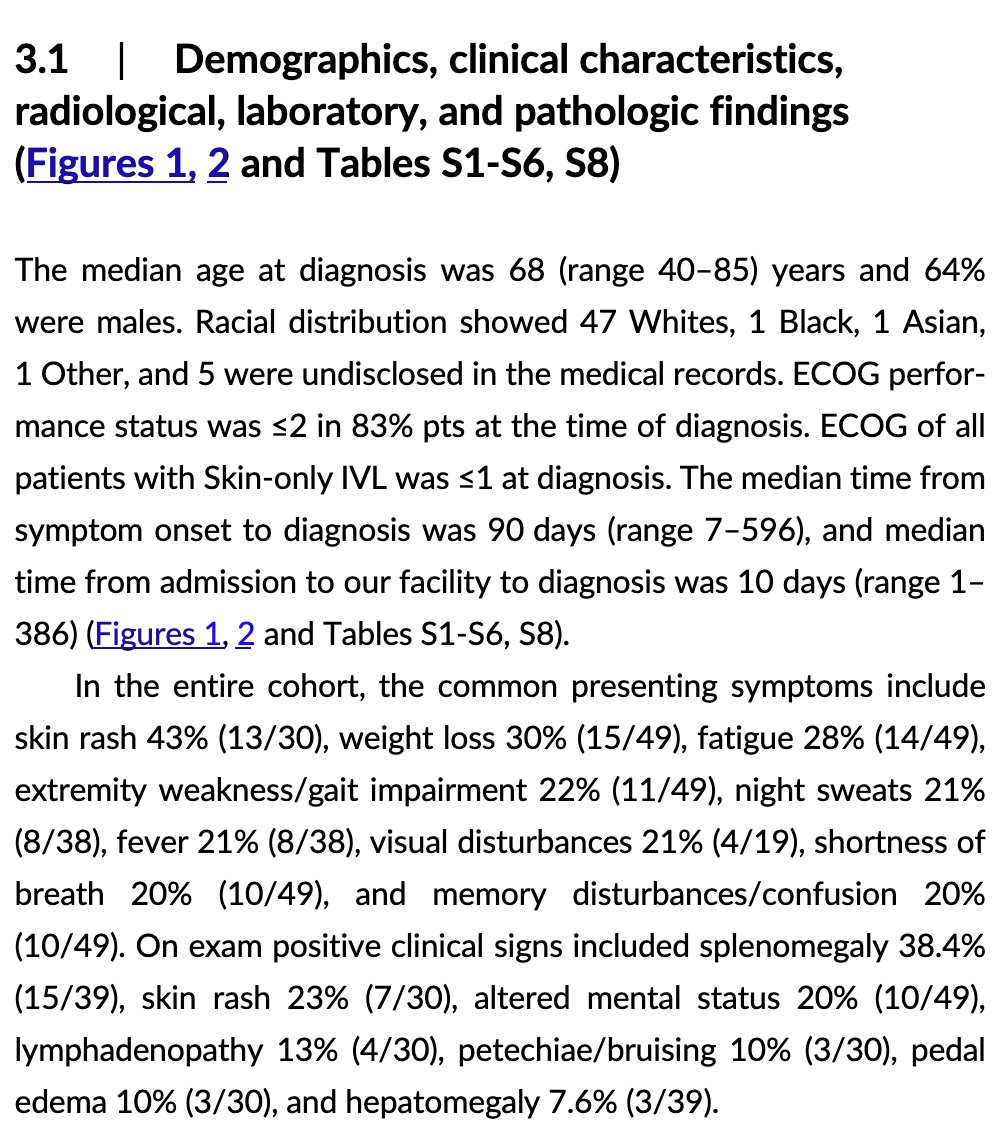1/5
Why is meperidine (Demerol) particularly good at treating rigors?
This is another association I learned early in training without hearing a potential mechanism.
For the second installment in my fevers, chills, and rigors tweetorial follow-up, let's have a brief look.
Why is meperidine (Demerol) particularly good at treating rigors?
This is another association I learned early in training without hearing a potential mechanism.
For the second installment in my fevers, chills, and rigors tweetorial follow-up, let's have a brief look.
2/
The ability of meperidine to treat fevers and rigors associated with amphotericin B was demonstrated in 1980 in a SMALL randomized, placebo-controlled trial.
Percent with cessation of side effects with 30 minutes:
☞ Meperidine: 100%
☞ Placebo: 30%
pubmed.ncbi.nlm.nih.gov/7362377/
The ability of meperidine to treat fevers and rigors associated with amphotericin B was demonstrated in 1980 in a SMALL randomized, placebo-controlled trial.
Percent with cessation of side effects with 30 minutes:
☞ Meperidine: 100%
☞ Placebo: 30%
pubmed.ncbi.nlm.nih.gov/7362377/

3/
Meperidine is able to treat rigors (and post-anesthesia shivering) by lowering the shivering threshold.
The same temperature that would typically result in rigors isn't low enough after the use of meperidine.
pubmed.ncbi.nlm.nih.gov/9158353/
Meperidine is able to treat rigors (and post-anesthesia shivering) by lowering the shivering threshold.
The same temperature that would typically result in rigors isn't low enough after the use of meperidine.
pubmed.ncbi.nlm.nih.gov/9158353/

4/
The anti-shivering effect of meperidine may be related to its κ-opioid receptor activity (many opiates are pure μ-opioid receptor agonists).
This is supported by the fact that naloxone only partially blocks shivering.
pubmed.ncbi.nlm.nih.gov/8267194/
The anti-shivering effect of meperidine may be related to its κ-opioid receptor activity (many opiates are pure μ-opioid receptor agonists).
This is supported by the fact that naloxone only partially blocks shivering.
pubmed.ncbi.nlm.nih.gov/8267194/

5/5
I haven't given meperidine for shaking chills, shivering, or rigors in many years.
We'll have to ask those who practice anesthesiology if it's still used post-operatively.
Is meperidine 1st line for post-op shivering, not first-line but still used, or is it avoided?
I haven't given meperidine for shaking chills, shivering, or rigors in many years.
We'll have to ask those who practice anesthesiology if it's still used post-operatively.
Is meperidine 1st line for post-op shivering, not first-line but still used, or is it avoided?
This was a second follow-up tweetorial on the topic of fevers, chills, and rigors.
Here's follow-up #1 on amphotericin B.
Here's follow-up #1 on amphotericin B.
https://twitter.com/tony_breu/status/1306414209635430400?s=20
• • •
Missing some Tweet in this thread? You can try to
force a refresh

















